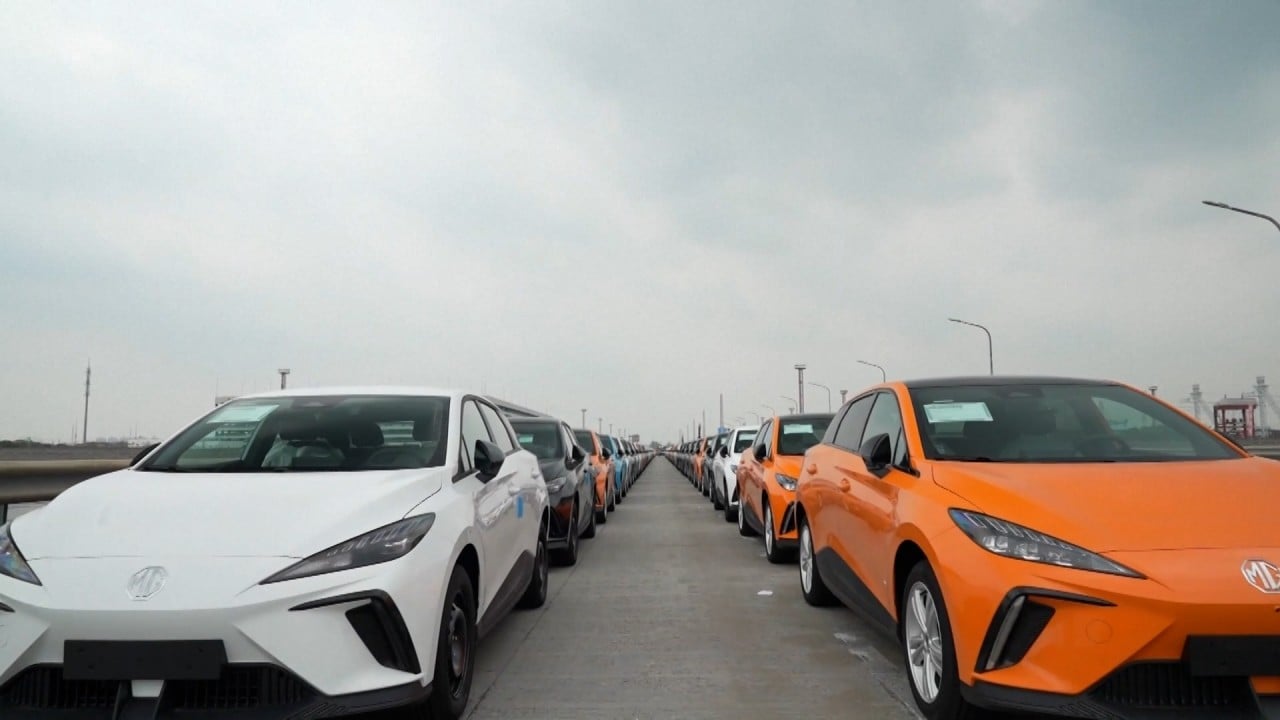US temporarily letting EVs with Chinese minerals in batteries qualify for tax credits
- The new rules are intended to help spur US electric vehicle sales while weaning the battery supply chain away from China
- General Motors praises the move by the Treasury Department while some Republican lawmakers condemn it

US President Joe Biden’s administration has issued long-awaited rules that will temporarily allow small quantities of China-sourced critical minerals in batteries for electric vehicles that will be eligible for federal tax credits, a move cheered by General Motors and assailed by some lawmakers.
The guidelines issued on Friday by the US Treasury Department were required by the massive Inflation Reduction Act (IRA), which was signed into law by Biden last year and is regarded as the most significant effort in US history to curb the effects of climate change, with US$360 billion allocated for a shift toward renewable energy.
The law was also meant to align with efforts to remove Chinese companies from the supply chain for these technologies, a difficult challenge given that the EV industry is still heavily reliant on China for critical minerals and components that go into their products.
Currently, 200,000 EV buyers from an individual manufacturer receive a tax credit of US$7,500. The new law will remove the cap starting next year, but adds a requirement aimed at blocking countries deemed to be a “foreign entity of concern” (FEOC) – a label applied to China – from supply chains.
Companies controlled by North Korean, Iranian and Russian entities are also FEOCs under the new rules, which will be applied to completed batteries in 2024 and for critical minerals used to produce them in 2025.

